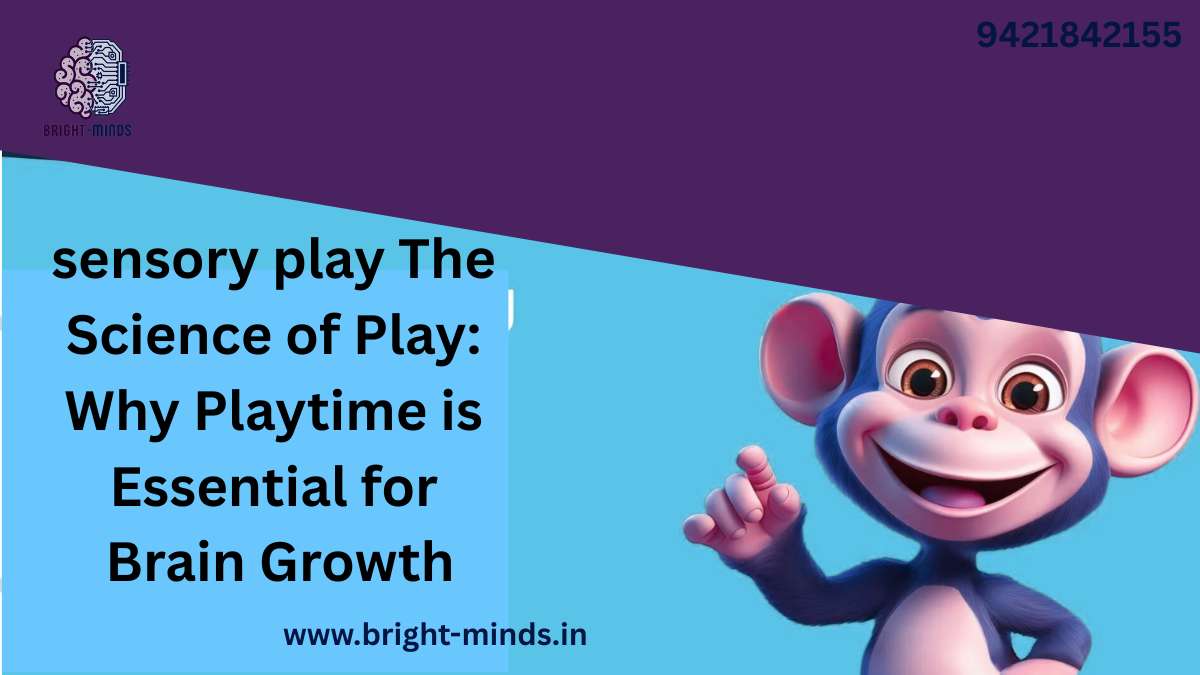When we think of playtime, it often feels like “just fun” for kids. But science tells us a very different story. Play is not a luxury—it’s a necessity for healthy brain development. From boosting creativity to strengthening problem-solving skills, play shapes the way children think, learn, and interact with the world.
For parents, teachers, and even employers supporting working families, understanding the science of play is crucial. It’s not simply downtime—it’s brain time. Let’s explore why play is so powerful, what the research says, and how we can encourage healthier play habits in children and adults alike.
The Science Behind Play
Neurologists and child development experts agree: play stimulates brain growth. Here’s how:
- Neural Connections
During play, the brain forms new synapses—connections between neurons that enhance learning and memory. This is especially important in early childhood when the brain is developing at lightning speed. - Executive Function
Play builds self-control, planning, and decision-making skills. Whether it’s figuring out the rules of a board game or deciding how to build a Lego tower, children are exercising their executive function. - Emotional Regulation
Pretend play, storytelling, and role-playing help kids process emotions, build empathy, and practice resilience. - Physical Development
Active play strengthens motor skills, coordination, and overall health, all of which support cognitive performance.
industry Insights: Play as an Educational Priority
- Education: Schools are increasingly adopting play-based learning models. Research shows students in such environments perform better in problem-solving and creativity than those in traditional rote-learning systems.
- Healthcare: Pediatricians advocate for at least 60 minutes of active play daily to prevent anxiety, depression, and attention disorders.
- Corporate World: Companies like Google and Lego actively integrate playful environments into their workplaces, proving that play isn’t just for kids—it’s a productivity booster for adults too.
The trend is clear: play is being recognized as a serious tool for lifelong growth.
Practical Benefits of Play for Brain Growth
- Boosts Creativity – Unstructured play sparks imagination and innovation.
- Improves Problem-Solving Skills – Games and puzzles encourage children to think critically.
- Enhances Social Intelligence – Group play builds teamwork, communication, and conflict resolution skills.
- Reduces Stress – Both kids and adults release stress hormones during playful activities, improving emotional well-being.
Relatable Example: Learning Through Play
Imagine two children learning math. One studies from a textbook, while the other plays a board game involving numbers and counting. The second child isn’t just learning math—they’re also developing strategy, patience, and social interaction. This shows how play transforms learning into an engaging, multidimensional experience.
Practical Tips to Encourage Healthy Play
- Prioritize Unstructured Playtime
Give kids the freedom to explore without strict rules—whether outdoors, with toys, or through imaginative storytelling. - Limit Passive Screen Time
Not all play is created equal. Replace excessive video watching with interactive digital games or real-world activities. - Mix Physical and Cognitive Play
Balance outdoor games with puzzles, building blocks, or creative arts. - Join the Fun
Parents and teachers who engage in playtime build stronger bonds while modeling positive behavior. - Encourage Play in the Workplace
For employees, playful breaks—like team games, mindfulness activities, or creative brainstorming—boost morale and innovation.
Market Trends: The Business of Play
The global educational toys and gamified learning market is growing rapidly, projected to cross $120 billion by 2030. Parents, educators, and companies are increasingly investing in tools that make play both fun and developmental. This reflects a broader recognition of play’s role in shaping smarter, healthier individuals.
Taking the First Step
Play is more than fun—it’s the foundation for brain growth, creativity, and long-term success. By embracing play in our homes, schools, and workplaces, we invest in healthier, happier, and more capable generations.
Think of it like financial literacy: starting early ensures lifelong dividends. Encouraging play from childhood builds cognitive wealth—an invaluable resource for the future.
👉 Ready to learn more about how to integrate play into education and personal growth? Explore our advanced resources, courses, and workshops on our website today. Let’s unlock the science of play together!
Also Read:
https://bright-minds.in/unlocking-word-meaning-for-class-ukg-english-to-hindi/‘

